Trending Now
Sunday, Nov, 2024
Home / IIT Madras Professors Talk About the Globalization of Indian Education in Post-Pandemic age
IIT Madras Professors Talk About the Globalization of Indian Education in Post-Pandemic age
Two professors from IIT Madras demonstrated how the Indian Education System is becoming more globalized in the post-pandemic age by giving credit to the National Education Policy, 2022.
 by Pragti Sharma /
by Pragti Sharma /  04 Aug 2022 17:24 PM IST /
04 Aug 2022 17:24 PM IST /  0 Comment(s) / 297
0 Comment(s) / 297
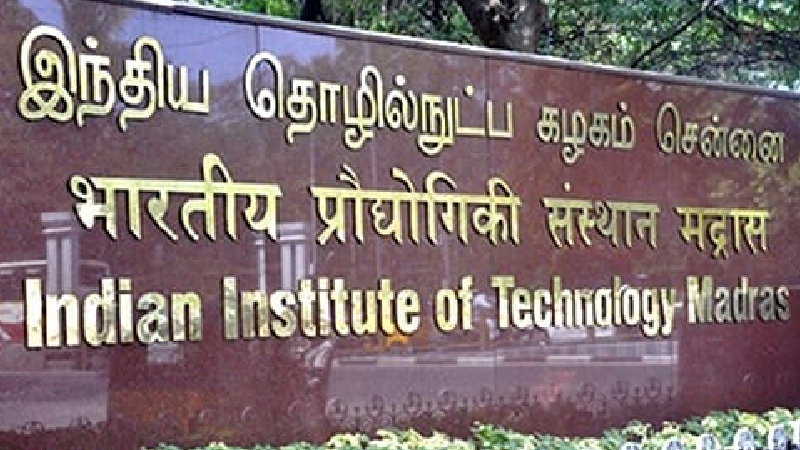
Image Courtesy : www.facebook.com/ReachIITM
Two professors from IIT Madras demonstrated how the Indian Education System is becoming more globalized in the post-pandemic age by giving credit to the National Education Policy, 2022. The new National Education Policy NEP launched in 2020 by the Government of India configures a magnificent outlook for the future of education in India, displaying a sweeping vision for the HEI- Higher Education Institutions in India. The new national education policy focused on making higher education affordable, inclusive, high-quality, and available to all eligible citizens of India. There is also a restored interest in the internationalization of the higher education institution program and the promotion of India as an education hub.
The Covid-19 pandemic challenged educational institutions, but on the other hand, it also opened the door to opportunities for globalization.
Multiplicity in Learning Surroundings
Multicultural environments are essential to offer a holistic education as learning is about viewing a subject from myriad perspectives. Multiple higher education institutions are also campuses where students live and learn, and different groups of individuals add something to the overall growth and improvement of institutions. The leading universities around the globe have long benefitted from international student cohorts, and Indian institutions could, as well. Regardless, access to these emerging opportunities is not livery due to political, cultural, and economic reasons. The approval of online forms of learning, supported by the pandemic-related border closures, has only mitigated his constraint partially.
Constructing Action Capability
Germany offered tools, faculty, and know-how when IIT Madras was inaugurated, and on the other hand, IIT Kanpur obtained the same contribution from the United States. The internationalization statements in the national education policy seem to be a call for arms for well-established institutions such as the IITs to go ahead, especially in our nearest neighbor and in countries in Africa, to entitle them for future needs in a similar manner. The learning stockpiled in Indian educational institutions is a benefit, and our potential to swiftly scale educational offerings, especially in engineering, to meet the expanding requirements of the country can be instantaneously ported to others in need of these interventions. These challenges include the need for recognition, accreditation of Indian degrees locally, and affordability for the students.
India to Become Vishwa Guru
Higher education in multidisciplinary areas such as data science, cyber-physical system, technology, etc., is rapidly emerging as India's strength. These types of programs are unavailable in many of our neighboring countries, and India can take the position of Vishwa Guru in bringing these to the neighborhood. The approval of morally web-based and hybrid learning offers us multiple options for taking Indian higher education institution programs to countries overseas, with the tiniest requirements for the infrastructure. India could work with counterpart institutions abroad to invent undergraduate courses that will prepare students desiring multidisciplinary programs with the necessary background to assure victory.
Economic Powerhouses
There is a substantial economic option in internationalizing the avant-garde programs offered by Indian institutions. International student tuition can be a new lease of life for Indian higher educational institutions in the same way it is for Canada and other countries. The potential will rise as international postgraduates from the Indian higher educational institutions become extensively successful. Some challenges comprise the perceptivity of India as a developing country and concerns regarding the quality of education on offer. Currently, jobs and careers post-graduation, available to high-performing international students in Canada, Australia, and the US, might be back-breaking in India.
The two professors commented that these are exciting times for Indian higher education institutions and framing the unique Indian educational offering to the world is well within reach. There is an encircling vision for higher educational institutions stated in the National Education Policy. Additionally, enormous strides are being made in the investigation and teaching infrastructure of the country. Also, the light-footed policies concerning student recruitment, academic collaborations with top institutions, and credit transfers will foreshadow forward.
In the end, they said that we hope there will be a well-built focus on the globalization of Indian education through rational national debates and policy changes, desired at directing the possibilities and the challenges in a proportional manner

EShort / February 16, 2024
IMS Noida Admissions 2024: Apply for UG, PG programmes

EShort / February 16, 2024
GATE 2024: Response sheet out

EShort / February 16, 2024
BSSTET 2023: Admit card released

EShort / February 16, 2024
NID DAT 2024: Prelims result released

EShort / February 16, 2024
IIT JAM 2024: Response sheet released

Jobs / February 16, 2024
UPSC Recruitment Drive 2024: Apply for 120 vacancies in various departments

EShort / February 14, 2024
UPSC CSE 2024: Official Notification issued; application process begins

Editor's Desk / April 17, 2020
How Does Society Impact Our Education?
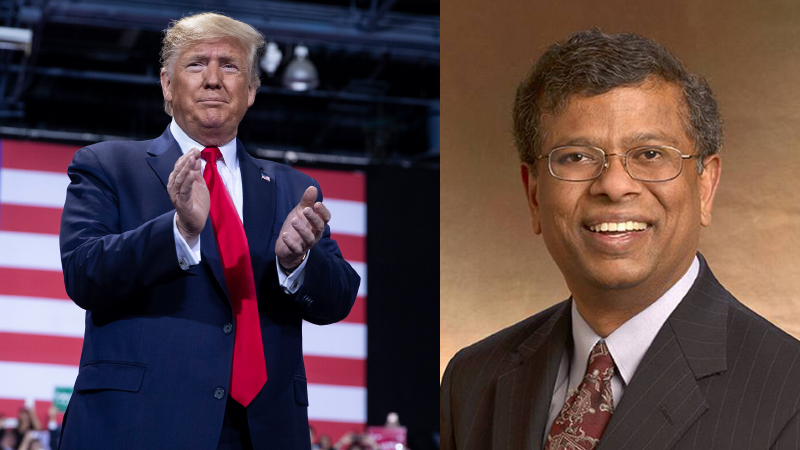
Current Affairs / April 22, 2020
Mr. Sudarsanam Babu appointed to U.S. Science Board.
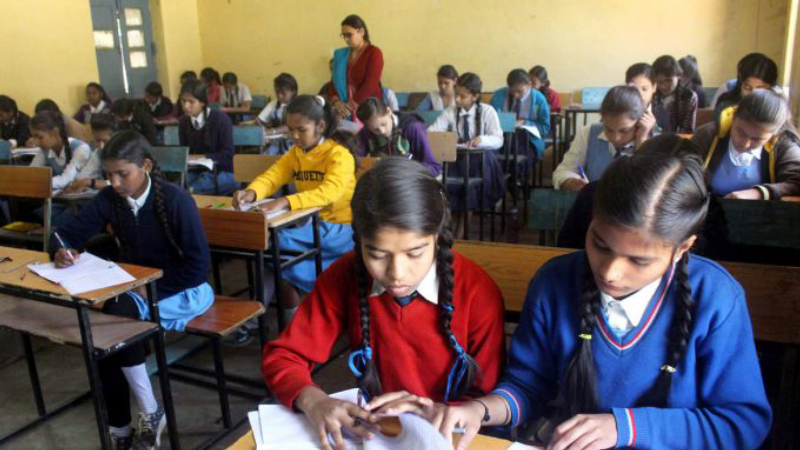
Reforms / April 17, 2020
Traditional Structure of Education In India
.jpg)
Events & Seminars / April 17, 2020
PISA!!
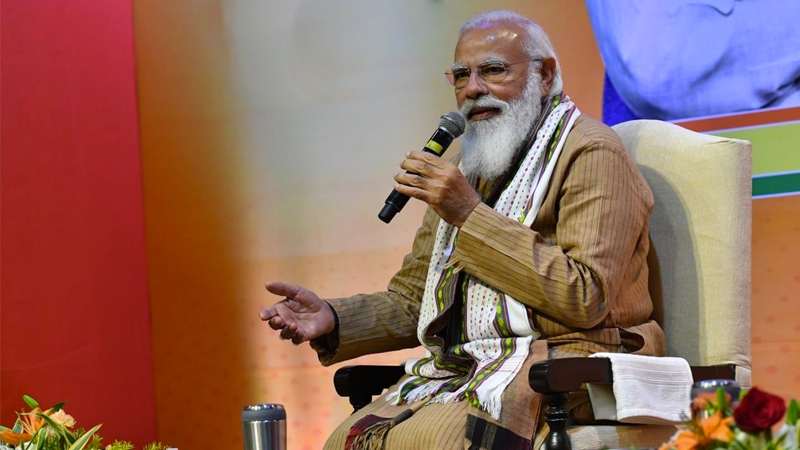
Blog / February 26, 2021
Government's Action On #ModiRojgaarDo

EShort / May 19, 2022
CUET PG 2025 has started the registration process.

Notice Board on Important Dates / April 21, 2020
World Heritage Day

News / July 08, 2021
JEE Mains Registration For Session 3: Last Date To Apply
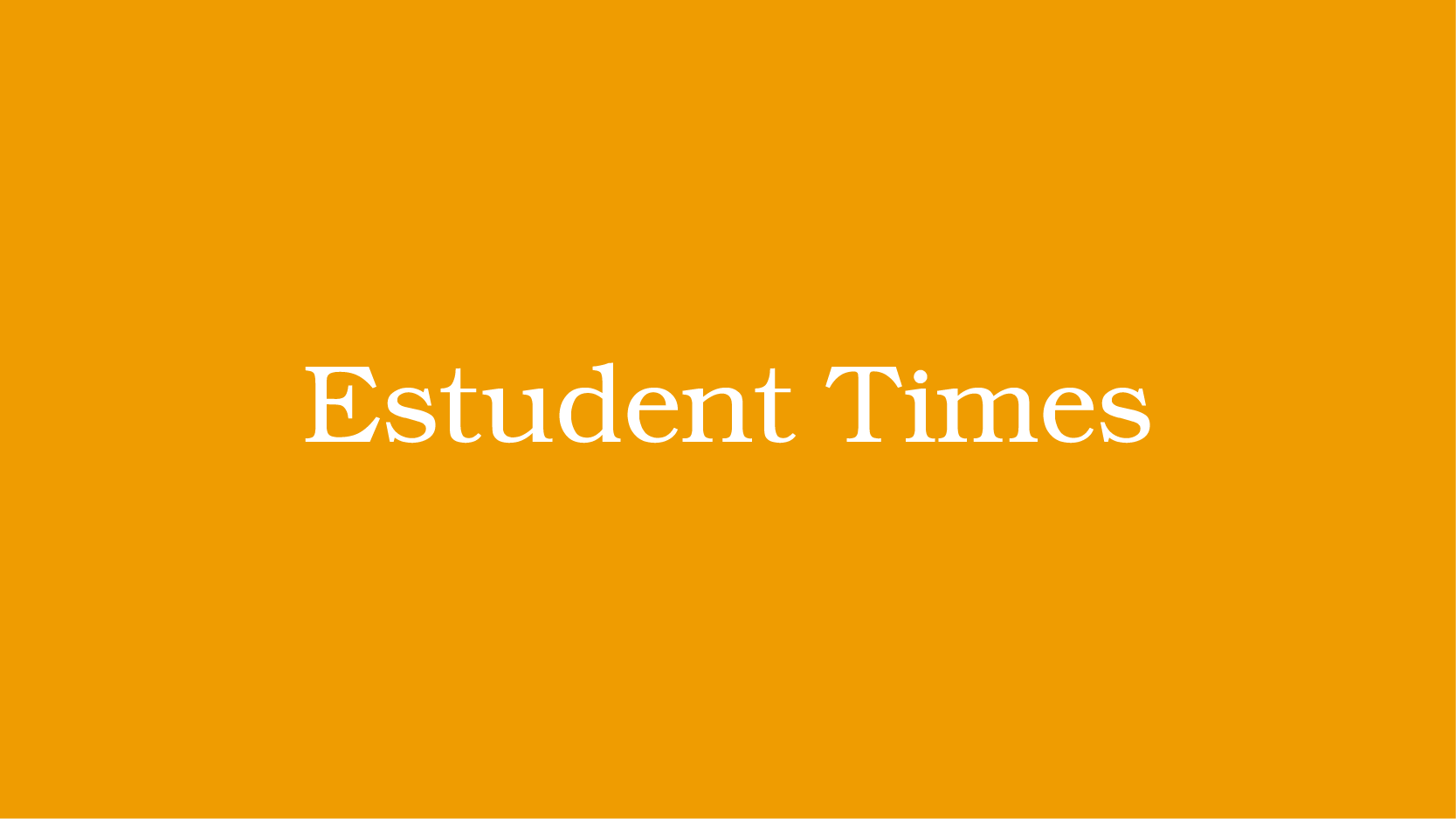
EShort / December 14, 2021
UPSC Declared Final Result For DCIO Recruitment


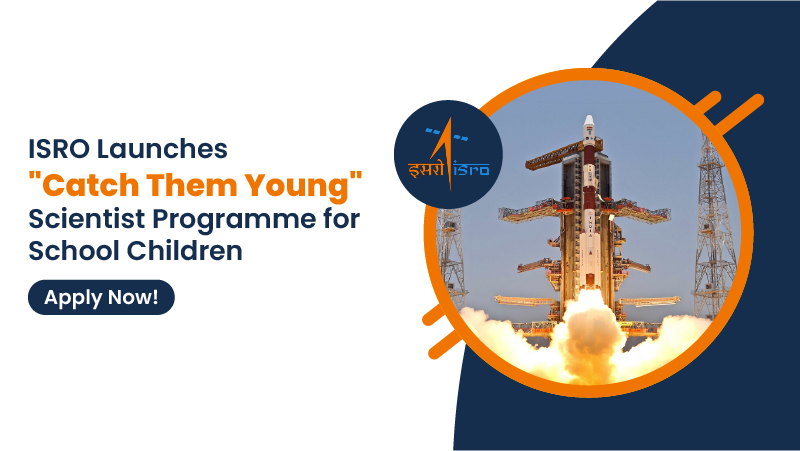
 Program 2024 for Financially Disadvantaged Students-02.png)

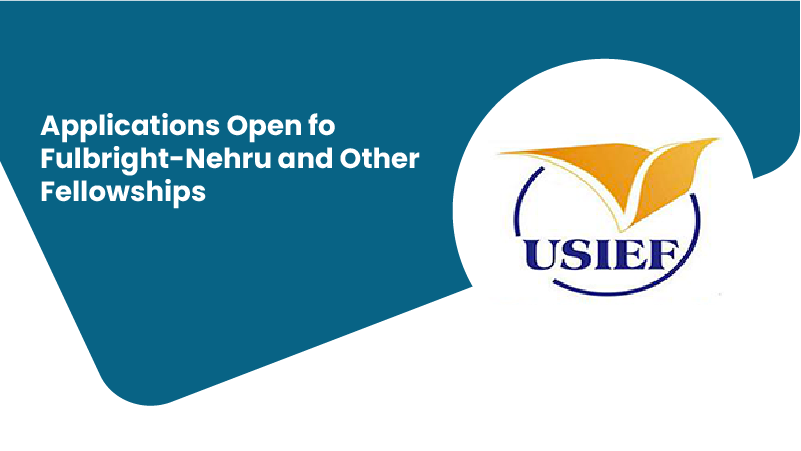
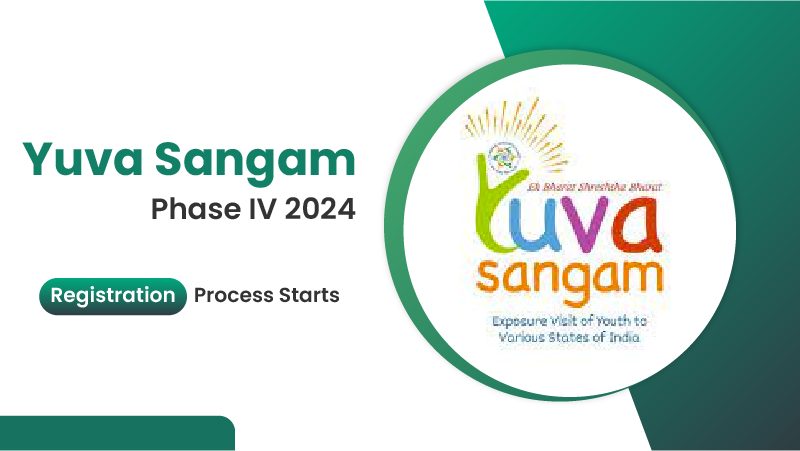
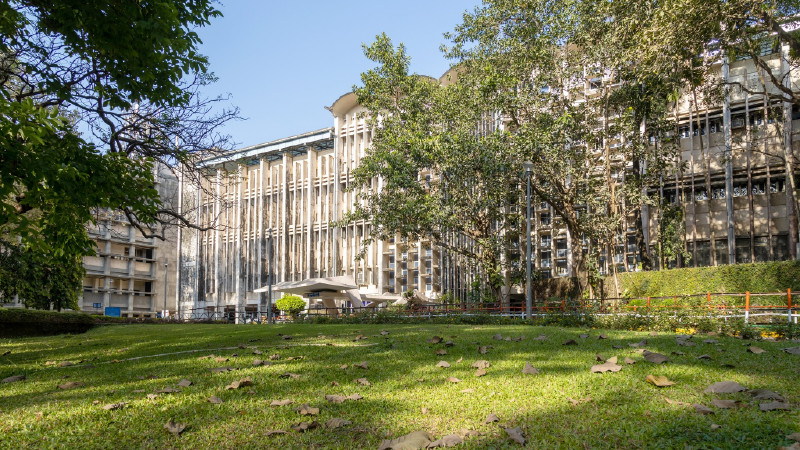

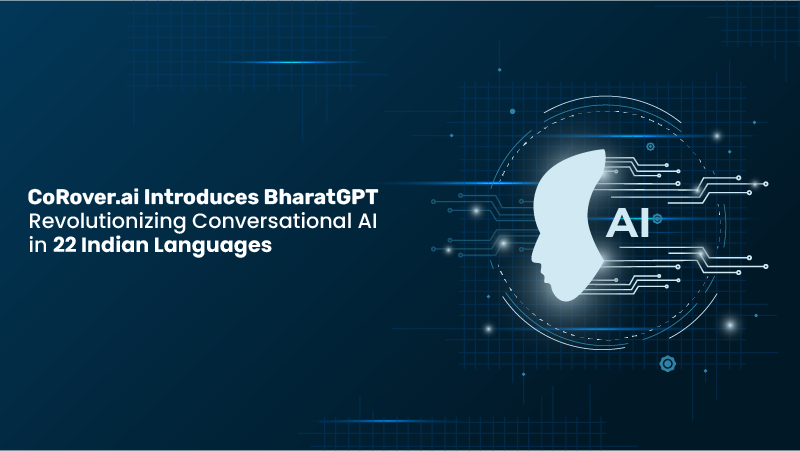


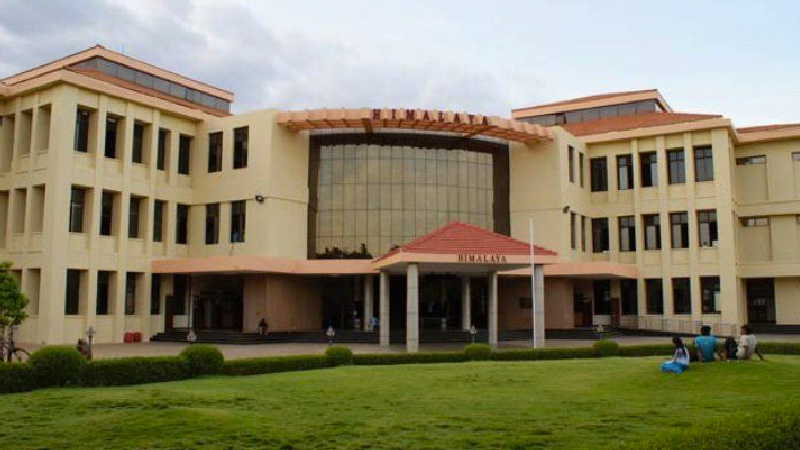
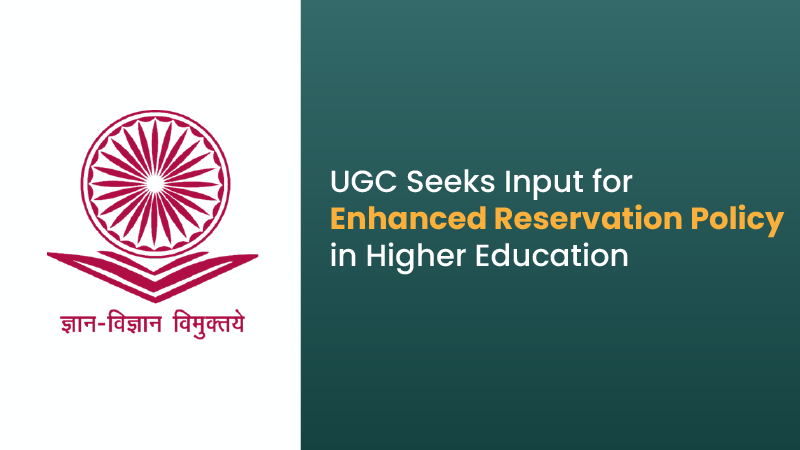

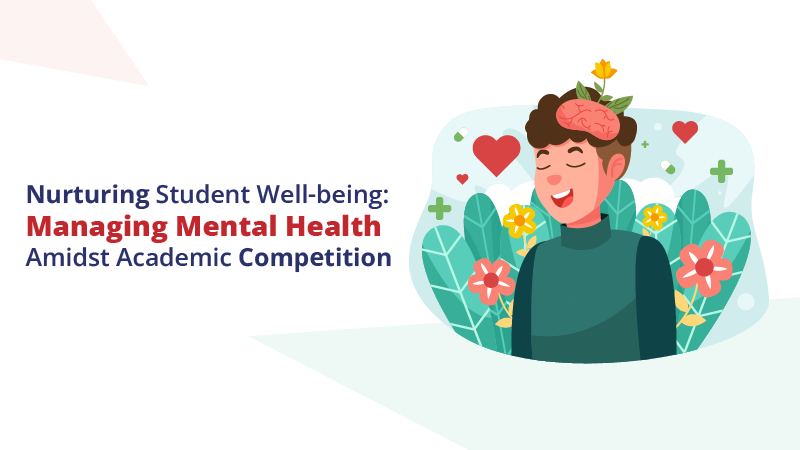
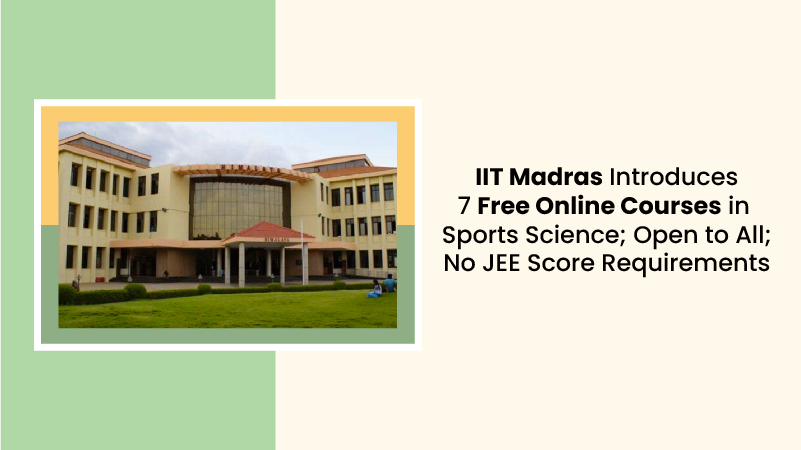
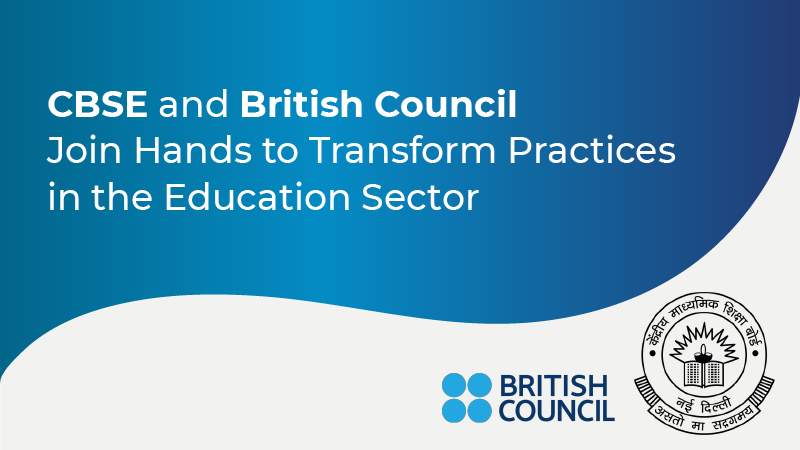

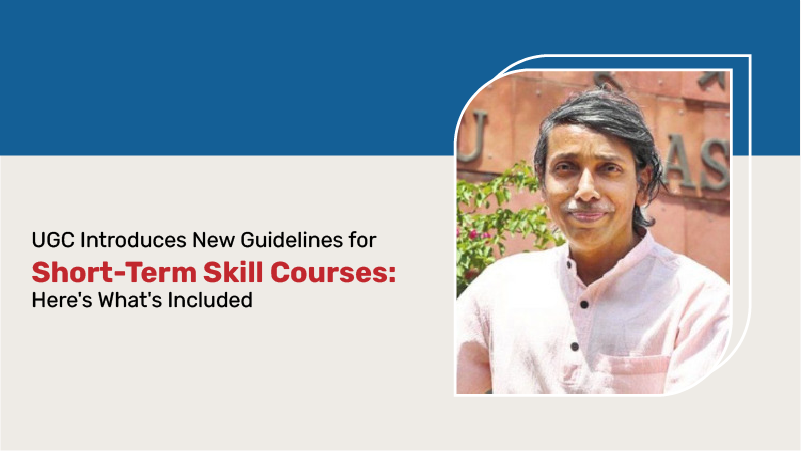
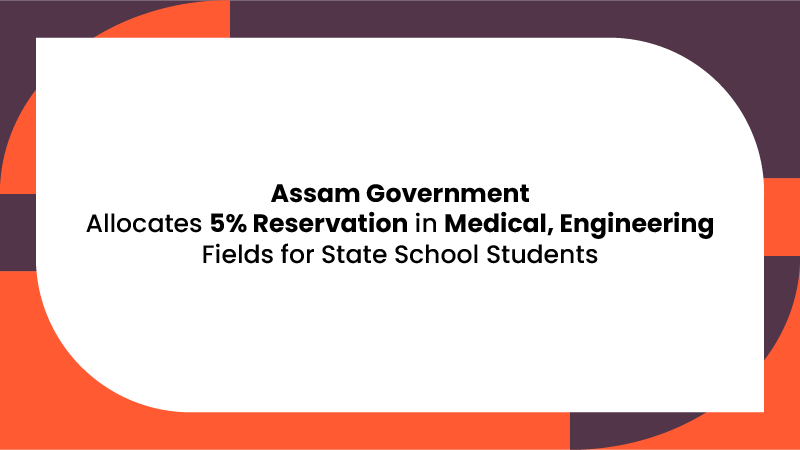

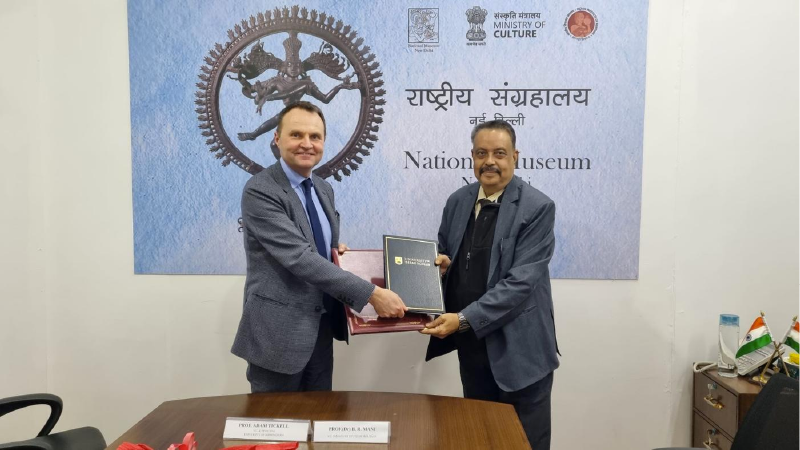
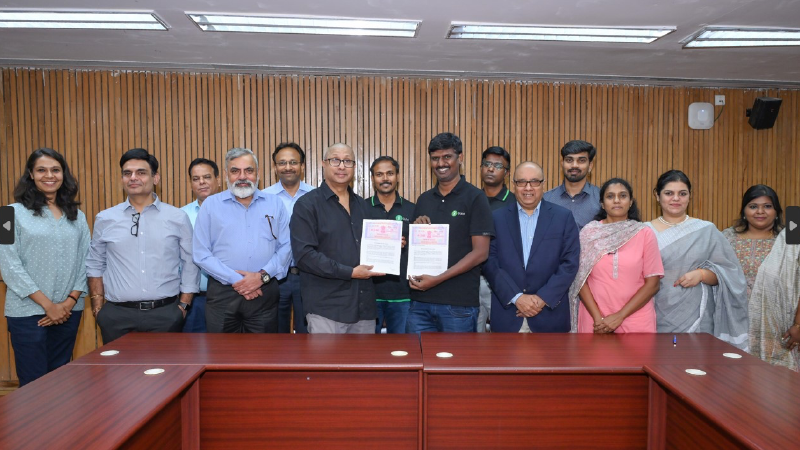
0 Comments
Post Comments